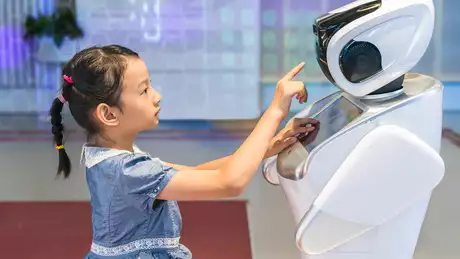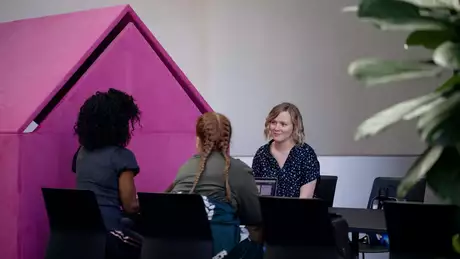MEDA
Research


Media and Education in the Digital Age (MEDA) is a programme that addresses the challenges, risks and opportunities associated to the use of media in the great variety of social practices that are usually included in the broader definition of educational practices.
The general goal of MEDA is to support the critical use of media. More precisely, MEDA supports the production, improvement, dissemination and usage of critical knowledge about the many ways in which media in general and digital media in particular affects our life.
MEDA is a scientific programme. The notion of science, however, is here endorsed in its critical connotation: one that includes at least three elements. First an explicit attention to the relations of power implied, reproduced, challenged or otherwise associated to both educational practices and technological development. Second, a certain sensitivity towards the idea that the study of social phenomena is not detached from but very much part of and actually influential upon the phenomena investigated – what is usually referred to as the” indeterminacy principle” applied to the social sciences. Finally, this meaning of critical contains a normative commitment to the idea that improvement in education should be defined in relation to the “individual” conceptualised as a value in herself and independently from other configurations instrumentally associated to this notion in the economic, political or religious domains.
We change what we study
Mission
The goals and activity of MEDA are in line with the mission of universities of applied sciences: doing applied research to support knowledge-based solutions to relevant practical problems in society. In order to implement its critical agenda, MEDA activities are specifically designed to bridge the gap between research, teaching and consultancy. These activities are therefore integrated in MEDA. Research aims at improving and disseminating critical knowledge on the issue addressed among the relevant scientific community at national and international level. Teaching aims at improving the quality of critical competences in the relevant areas of professional training: media culture and production, teaching assessment, media education, elderly care, occupational therapy, critical media literacy, etc.
The goal of consultancy is to provide the stake holders (e.g. clients, caregivers, parents, etc.) with appropriate knowledge-based solutions to relevant problems associated to the issue in exam. MEDA addresses issues associated to media and education from a multidisciplinary perspective. The projects within the MEDA programme, each looks into specific issues from the disciplinary perspective that seems most promising in relation to objectives of the inquiry. In this way, by accomplishing multidisciplinarity at the programme level rather than project level, it is possible to strike an optimal balance between the advantages of specialisation and the insights of theoretical diversity.
On epistemological grounds, all the projects share a social-constructionist approach, which in essence, consists of the idea that reality is socially constructed by institutionalised communicative structures.
Journals
- Audiovisual Thinking.The Journal of Academic Videos External link
- FCJ – The Fibreculture Journal. Digital Media+Networks+Trandisciplinary Critique External link
- Hybrid Pedagogy. A Digital Journal of Teaching & Technology External link
- IJCP – The International Journal of Critical Pedagogy External link
- IJLM – International Journal of Learning and Media External link
- JiTP – The Journal of Interactive Technology & Pedagogy External link
- JMLE – The Journal of Media Literacy Education External link
- Journal of Research in Personality External link
- Media Education Journal External link
- MERJ – The Media Education Research Journal External link
- Pediatrics. Official journal of the American Academy of pediatrics External link
News Media
MEDA Partners

Sustainable development goals
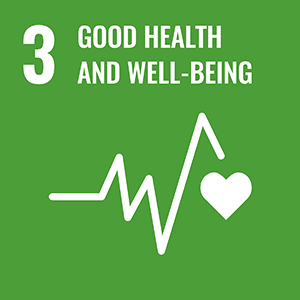
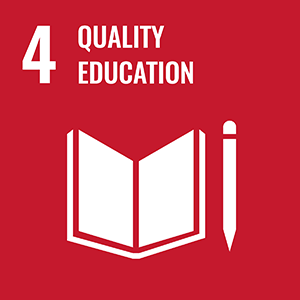
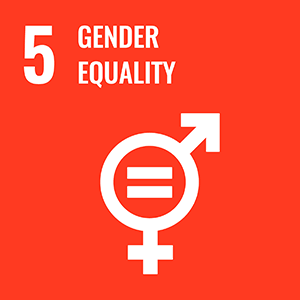




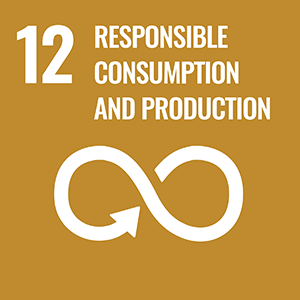

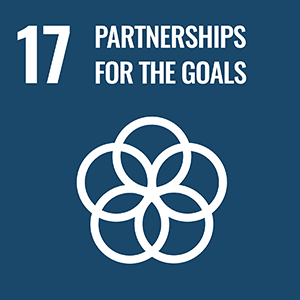
MEDA Contributors
Colleagues that have been involved in MEDA activities at different points and in different capacities (in alphabetical order)
MEDA Contributors
Alghannam, Abdulrahman
Aliagas-Marín, Christina
Ampuja, Marko
Barry, Laurence
Bergillos, Ignacio
Curran, Greg
Dahlberg, Lincoln
Dowdeswell, Tracey Leigh
Faulkner, Julie
Ferrer-Roca, Nàtalia
Fisher, Eran
Friesen, Norm
Gaustad, Terje
Gran, Ann-Britt
Grundström, Heidi
Hall, Richard
Han, Xiaofei
Han, Yan
Hassan, Robert
Hyde-Clarke, Nathalie
Jandri?, Petar
Hayes, Sarah
Isholdt Norgaard, Anne Katrine
Lesson, Benjamin
Lindblom, Daniel
Margallo, Ana M.
Muñoz-Larroa, Argelia
Nachoshon, Goltz
Peters, Michael
Rajala, Anne Lill
Simge, Esin-Ohrun
Sims, Christo
Shanley, Danielle
Swierstra, Tsjalling
Tarp-Petzke, Niklas
Torp, Øyvind
Tosca, Susanna
Wendling Amy E.
Wyatt, Sally
